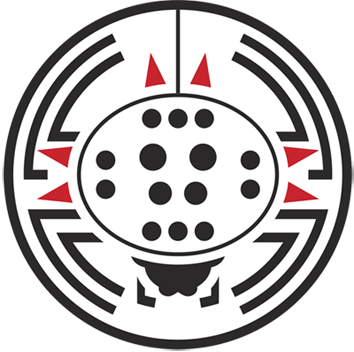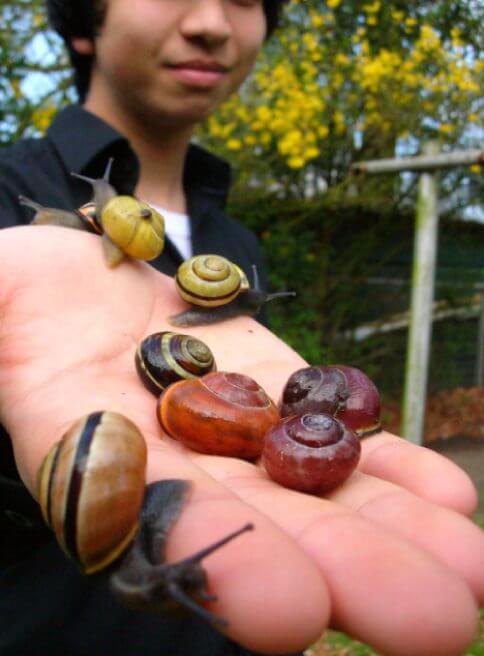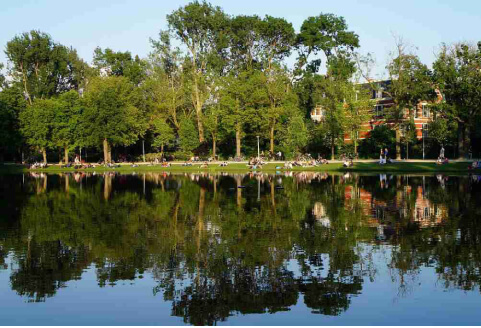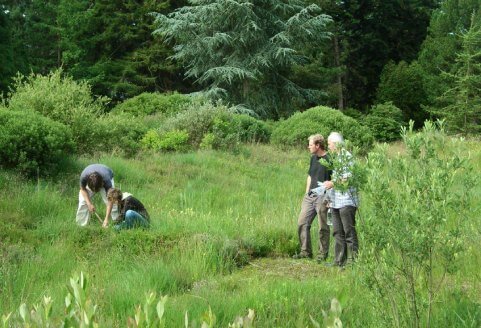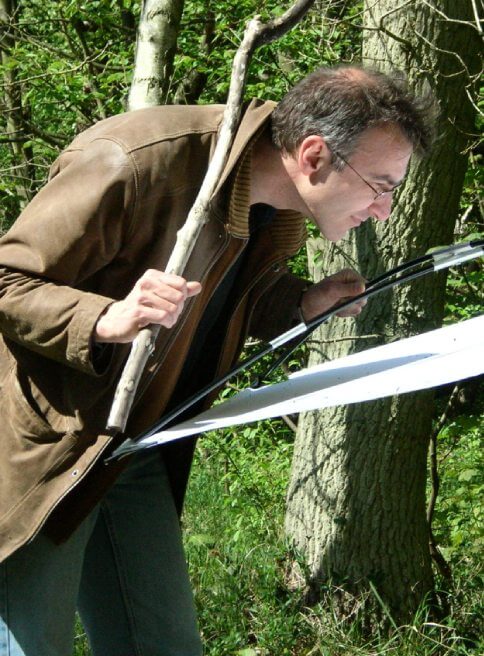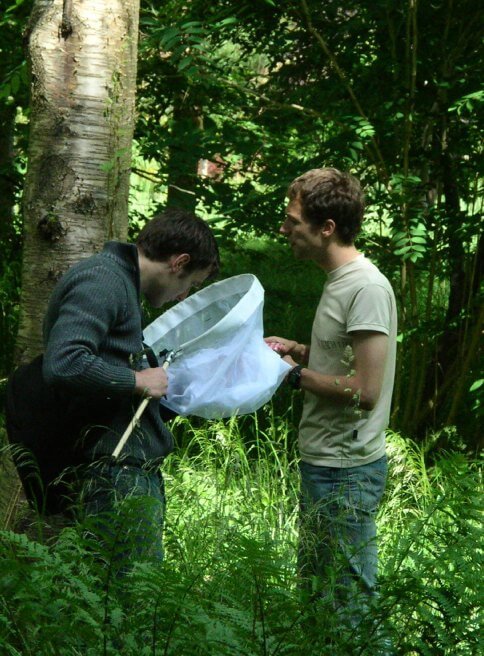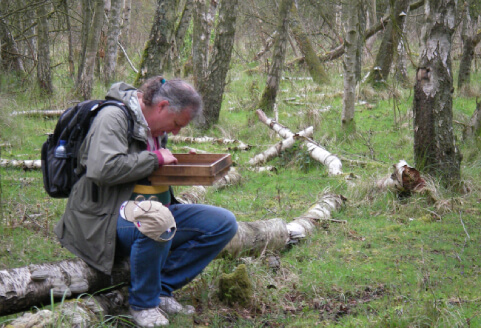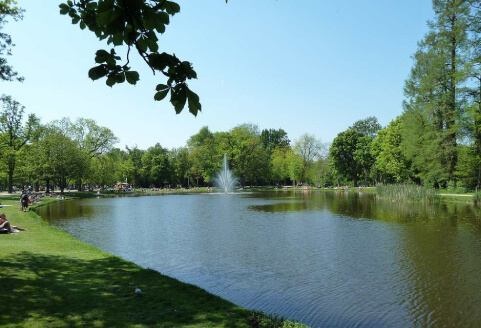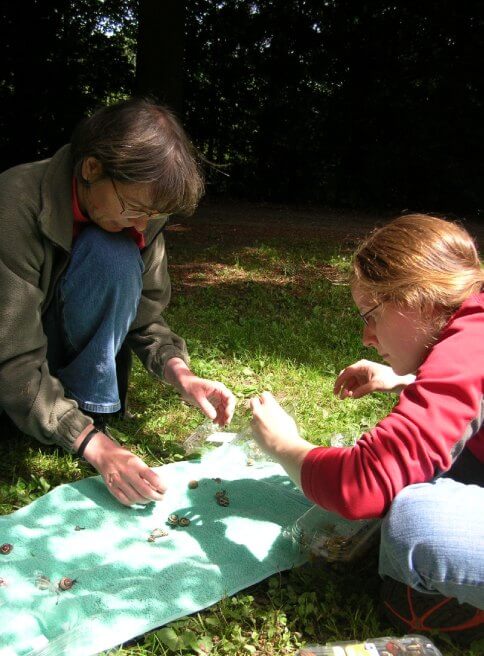EXPEDITION TO VONDELPARK
Join us in the heart of Amsterdam on an urban expedition!
Created in the 1860s, the romantic Vondelpark is embedded in Amsterdam’s beautiful historical centre (a UNESCO World Heritage Site). In this special “expedition” we will explore a section of the park that is closed to the public. Using cutting-edge biodiversity sampling techniques, we plan to show that even in this human-dominated place, there lurks unknown biodiversity.
For whom?
You don’t have to be a biologist! Anyone with a heart for nature, biodiversity, and conservation is welcome to join.
- We are starting with a welcome drink at 8 pm in a famous cafe in the Vondelpark where we can answer any last-minute questions. This will be a good opportunity for everybody to get to know each other before the fieldwork that lies ahead. ie ahead.
August 5th (Day 2)
- Morning workshop (Koeienweide): We will place two types of insect traps: (i) a so-called “malaise trap”, a tent-like structure that insects fly into, and (ii) traps dug into the soil and baited with a mixture of Limburg cheese and meat; perfect for collecting carrion beetles, rove beetles, and various fly families.
- Lunch (picnic)
- Afternoon workshop (Free University lab): (i) You will get basic training in the entomological techniques for recognizing different orders and families of insects, which we will then (ii) apply on the previously collected specimens.
- Dinner
- Evening lectures: (i) Taxon Expeditions (Dr. Iva Njunjić); (ii) Urban ecology in Amsterdam (by one of the city’s urban ecologists).
August 6th (Day 3)
- Morning workshop (Koeienweide): In summer, the Koeienweide is a lush meadow full of wildflowers. We will use nets, vegetation beating, and manual techniques with so-called exhaustors to sample some of the pollinators and other insects visiting these flowers. We will also sieve leaf litter to find small organisms that feed on decaying plants.
- Lunch (picnic)
- Afternoon workshop (Free University lab): We will install so-called Winkler bags to extract specimens from the sieved leaf litter. Also, we will work on the descriptions of parasitic wasp species.
- Dinner
- Evening lecture: Urban evolution (Prof. Dr. Menno Schilthuizen).
August 7th (Day 4)
- Morning workshop (Koeienweide): We will check the malaise trap and the baited traps to see what insects and other invertebrates we have managed to attract. Then, we will install a so-called Skinner light trap for
moths . - Lunch (picnic)
- Afternoon workshop (Free University Lab): Sorting material specimens from the Winkler bags and the traps and working on publications on potential new species.
- Dinner
- Evening lectures: (i) How do you discover a new species? (Dr. Menno Schilthuizen); (ii) Parasite rex: the unknown diversity of parasites (Prof. Dr. Kees van Achterberg).
- Night activity (Koeienweide): placing syrup bait for macro-moths, and catching and observing micro-moths; using the app ObsIdentify to identify species using artificial intelligence.
August 8th (Day 5)
- Morning workshop (all around the Vondelpark): Using the smartphone app “SnailSnap” to discover urban evolution in garden snails and inspecting the catch from the Skinner light trap.
- Lunch (picnic)
- Afternoon workshop (Free University lab): A hands-on demonstration of DNA analysis (led by the University of Verona team). We will also work on publications on potential new species.
- Dinner
- Evening lectures: (i) Sex in the city (Dr. Joris Koene); (ii) Moths and celebrities (Bart Van Camp).
August 9th (Day 6)
Morning workshop Free University lab): Wrapping up: finalizing working on publications on potential new species, taking electron microscope photos, curating all the collected specimens.
- Lunch: during lunch, we will be voting on the scientific names for our new species.
- Afternoon: We will have a media conference; expect to be asked to give interviews for newspapers, radio, and tv, on your experiences this week. We will cap the afternoon with a fun lecture by Mr. Norbert Peeters on the history of city parks.
- Dinner
- Evening program: farewell drinks.
Post-Expedition follow up: publishing newly discovered species in scientific journals; update on the DNA results. Sharing photographs & video material.
The Expedition fee is 480 euro per person, which includes:
- hands-on field research & lab work, including equipment and research materials
- lectures and study materials
- DNA sequencing
- lunches and dinners
- rental bicycles
- joint publication
Please keep in mind that accommodation, breakfast, drinks, local and international travel are not included.
Our team of scientists that will be in charge of the program:
Prof. Dr. Menno Schilthuizen – urban evolution & ecology
Dr. Iva Njunjić – general entomology
Prof. Dr. Kees van Achterberg – parasitic wasps
Bart Van Camp – moths
Dr. Joris Koene – snail sex
Dr. Remco Daalder – ecology; wildlife in the city
Dr. Cristine Beltrami – DNA sequencing using nanopore technology
